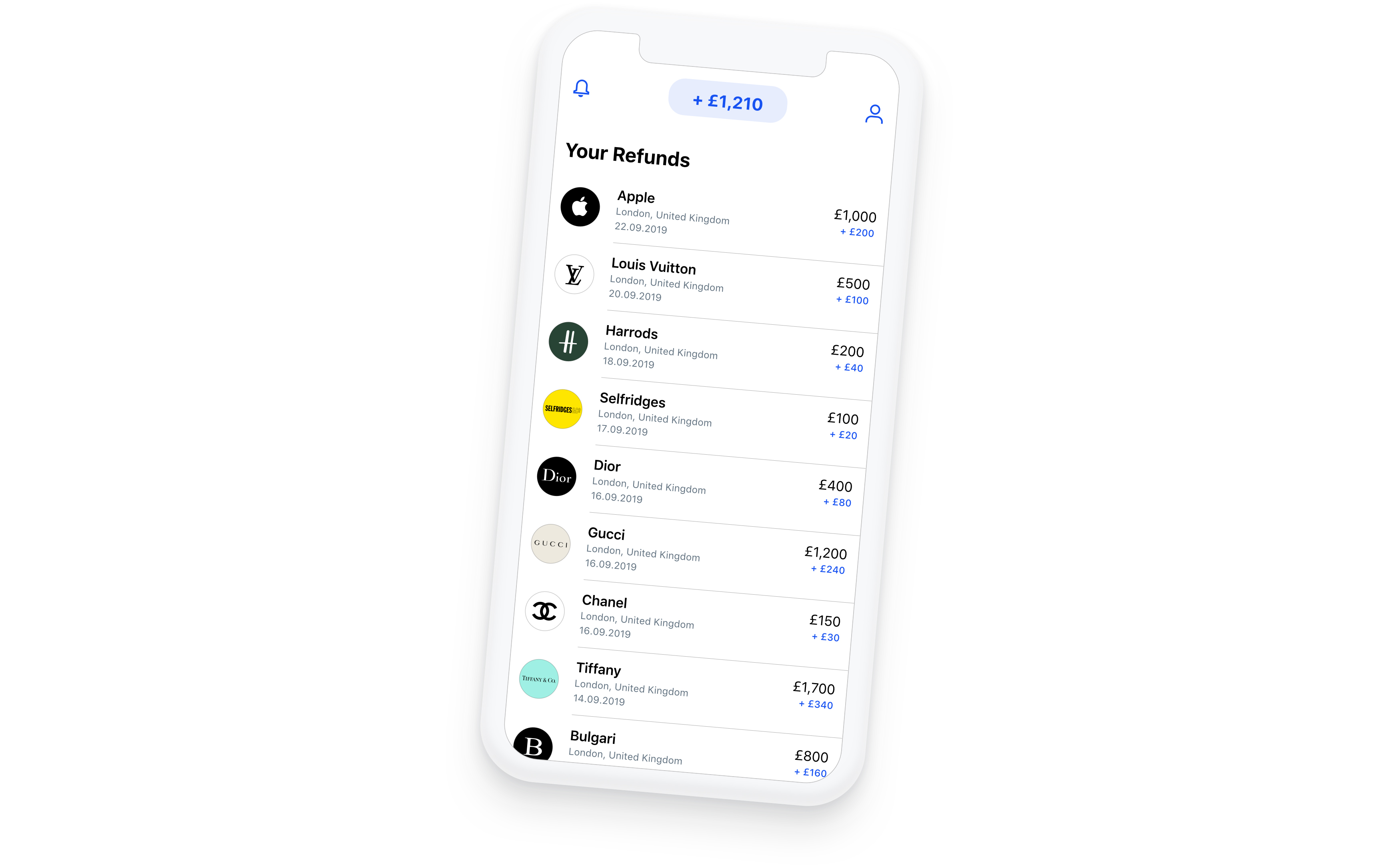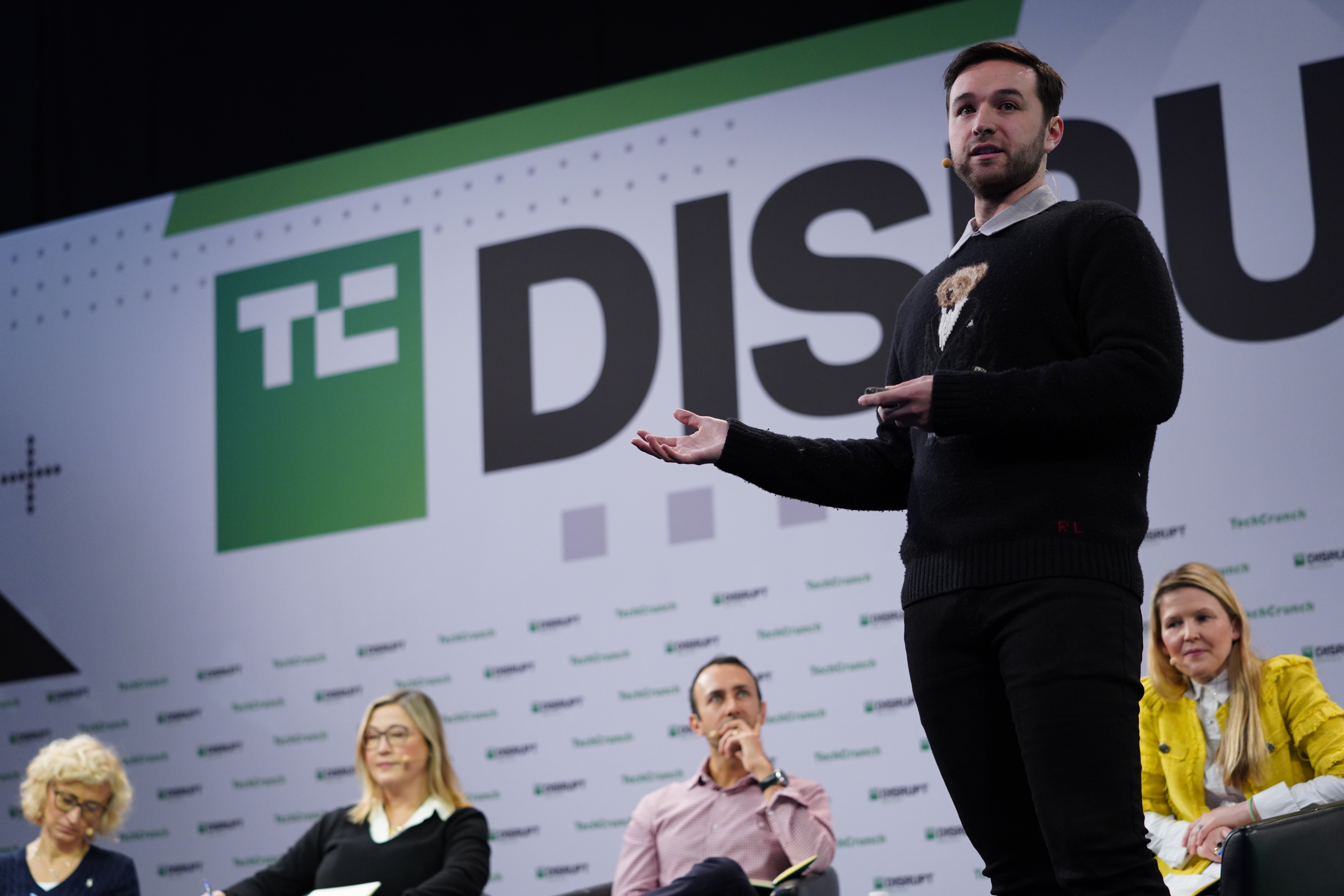Heiliger Strohsack — or holy smokes as we say here in the States! We’re just hours away from kicking off Disrupt Berlin 2019 (11-12 December). We have a stellar event planned with an all-star lineup that only TechCrunch can assemble, and we’re expecting our largest number of attendees yet. Seriously, have you read the star-packed agenda?
Of course, with any event of this size we have a few vital logistical items to share so that your Disrupt experience is seamless and productive. Ready? Here’s what you need to know.
Pre-Event Badge Pick Up
Skip the morning rush by picking up your badge early on Tuesday 10 December from 4pm – 7pm at betahaus Kreuzberg. The first 500 people to pick up their badge will receive a pair of TC socks! Have your Universe ticket confirmation email and a government-issued photo ID on you.
Event Registration & Badge Pick Up
Registration opens at 8:30 am Wednesday (8:00am for Startup Alley exhibitors) and 8:00am on Thursday (7:30am for Startup Alley exhibitors). Universe is the official ticketing platform of Disrupt. If you’re signed up for Disrupt, you used Universe. We love them and we think you will, too. If you haven’t purchased your pass, please go do that here.
Please bring your government-issued photo ID each day of the conference.
Lost Badge Fee
Don’t forget your badge every day – there is a €75 reprint fee for lost or misplaced badges.
TechCrunch Events App
The TechCrunch Events app is now available for you to download in the Apple iTunes and Google Play stores.You will also be able to access CrunchMatch through the app.
With the TechCrunch Events app you can:
- View agenda sessions and create your calendar
- Sort by category, view and favorite Startup Alley exhibitors and sponsors
- Get recommendations on sessions, exhibitors and sponsors you should meet
- Message and connect with other opted-in attendees
- Easily find your way around the event with interactive venue maps
- Get access to the CrunchMatch platform to discover and set up meetings with the attendees you most want to meet
How to access the app:
- Download the TechCrunch Event app from the Apple iTunes Store or Google Play Store.
- Once downloaded, select the Disrupt Berlin 2019 event and you’ll be prompted to enter the email address associated with your registration. Your password is the last 6 digits of the number above the QR code on your Universe ticket (case-sensitive). If you do not have access to your Universe ticket, you can select “forgot password” so you can reset your password.
Having problems logging in? Email events@techcrunch.com for assistance.
Women of Disrupt Lunch
All women who are registered for Disrupt Berlin are invited to the Women of Disrupt lunch on Thursday from 12-2pm. Your badge is all you need for entry into the breakfast.
Investor Lunch
Catch-up with colleagues and other Disrupt Berlin investors over a delicious lunch. Exclusively for registered Disrupt Berlin 2019 Investor Pass holders only. Must have investor badge to enter.
11 December, 2019 | 12:00pm – 2:00pm
The Reception Room at Disrupt Berlin
Book a Semi-Private Room at Disrupt
TechCrunch is offering semi-private meeting rooms at €40/55 minutes at Disrupt Berlin. These rooms are great for taking meetings of up to 4 people or catching up on some work. Meeting spaces can only be used by registered Disrupt Berlin ticket holders. Each meeting room comes with a table, 4 chairs, and power. Book your time here.
CrunchMatch
All pass holders attending Disrupt Berlin will receive login instructions to access CrunchMatch via email and you can access it via the TechCrunch Events App – so make sure you download it! CrunchMatch is TechCrunch’s matching service connecting people at the event based on mutual interests. There are already several hundred meetings scheduled and we anticipate holding at least 2500 meetings during Disrupt Berlin.
On-site Nursing Suite
TechCrunch is providing a private nursing room on-site at Disrupt Berlin on the second floor of the conference. Ask for more information at the Help Desk table in the registration area.
Competitions
Disrupt is world-famous for its startup competition, Startup Battlefield. This year there are a few additional opportunities for startups to grab some limelight, with TechCrunch’s Custom Disruptor Award program, where Disrupt partners can select exhibiting startups to highlight and award a prize.
Samsung Innovation Center, Extreme Tech Challenge [XTC]
At the regional competition, 10 startups will be selected to present to leading VCs including Samsung Catalyst Fund, Speedinvest, and Deutsch Telecom on December 11. The top three startups will be recognized on the main stage of the event on December 12 with the Custom Disruptor Award — and receive invitations to the XTC Global Finals at VIVATechnology – Paris in June 2020.
Disrupt would not be able to exist without the help of our sponsors. You can see these breakout sessions at Disrupt Berlin.
11 December | Breakout Room
Opening Remarks by WeChat Developer Challenge
10:00 – 12:50 | See description in agenda
Sponsored by WDC
Build Different With The Other Location Platform
14:00 – 14:50 | See description in agenda
Sponsored by TomTom
Coming Soon!
15:00 – 15:50
Bain & Company
WDC Berlin Top Teams Presentations and Awards
16:00 – 18:00 | See description in agenda
Sponsored by WDC
12 December | Breakout Room
European Innovation Council (EIC) workshop – Funding Breakthrough Innovation from idea to market
11:00 – 12:00 | See description in agenda
Sponsored by European Innovation Council
There you have it — all the info you need to ensure your time at Disrupt Berlin 2019 remains productive and fun. Looking forward to seeing you all on Wednesday!





